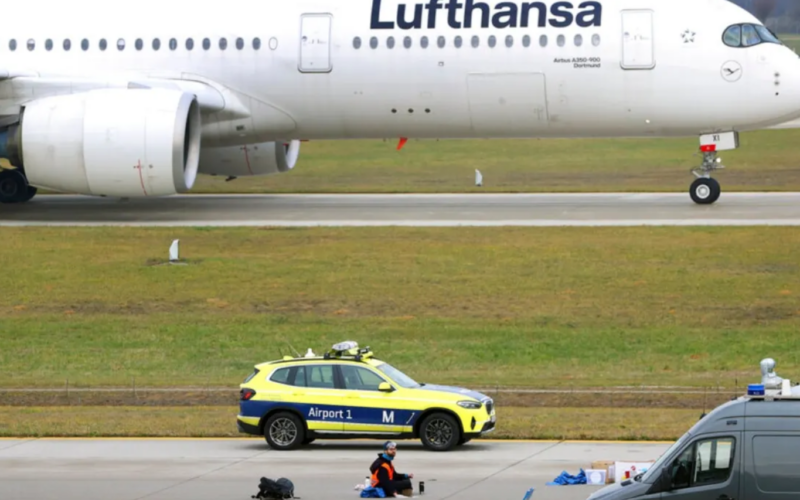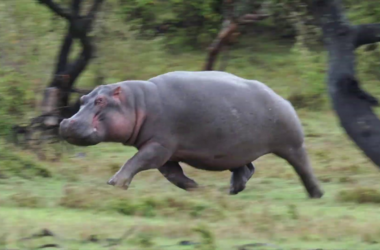In a dramatic escalation of climate activism, members of the German environmental group Letzte Generation (Last Generation) successfully disrupted air traffic across four major airports in Germany. The activists breached airport security by cutting through fences and gluing themselves to runways, forcing a temporary halt to operations and leading to significant delays. The police responded quickly, arresting multiple protesters involved in the coordinated action.
On a recent morning, passengers and airport staff across Germany were met with chaos as activists from Letzte Generation launched a well-planned protest that targeted four major airports: Berlin Brandenburg, Munich, Frankfurt, and Hamburg. The group, which has gained notoriety for its direct action campaigns, carried out a synchronized operation to bring attention to what they describe as the urgent need for climate action and the aviation industry’s significant contribution to carbon emissions.
The activists executed their plan by cutting holes in the perimeter fences of the airports, allowing them to gain access to the runways. Once on the tarmac, they glued themselves to the asphalt, effectively grounding planes and halting takeoffs and landings. The protest led to widespread disruption, with flights being delayed or canceled and passengers experiencing long waits.
The impact of the protest was immediate and widespread. Airports across Germany scrambled to manage the disruption, with some flights being diverted to other airports and others being delayed indefinitely. Thousands of passengers were affected, leading to frustration and confusion as airports struggled to resume normal operations.
Berlin Brandenburg Airport, one of the primary targets, saw significant delays as airport authorities worked to clear the runway and restore service. Munich and Frankfurt, two of the busiest airports in Europe, also experienced substantial disruptions, with numerous flights grounded and passengers left stranded. Hamburg Airport faced similar challenges, with operations coming to a standstill until the activists were removed.
The economic impact of the disruption is expected to be significant, with airlines and airports potentially facing millions of euros in losses due to the delays and cancellations. The broader implications for the travel industry are also concerning, as this protest highlights the vulnerability of airport security to determined activists.
German police responded swiftly to the situation, deploying teams to each of the affected airports. The officers moved to secure the breached areas and remove the protesters from the runways. The activists had glued themselves to the asphalt using industrial-strength adhesive, making their removal a complex and time-consuming task.
Despite the challenges, the police were able to arrest all the protesters involved. The activists were taken into custody and are expected to face charges of trespassing, vandalism, and disruption of public services. Authorities have also launched an investigation to determine how the activists were able to breach airport security so effectively and whether there were any lapses in surveillance or response protocols.
The arrests have not deterred Letzte Generation, which has vowed to continue its campaign until meaningful action is taken to address climate change. The group issued a statement following the arrests, declaring that their actions were necessary to “wake the public up” to the climate crisis and the role of the aviation industry in exacerbating it.
Letzte Generation’s latest protest is part of a broader movement of climate activism that seeks to highlight the urgent need for action to combat global warming. The group has been particularly vocal about the role of air travel in contributing to carbon emissions, arguing that the aviation industry is one of the leading contributors to climate change.








